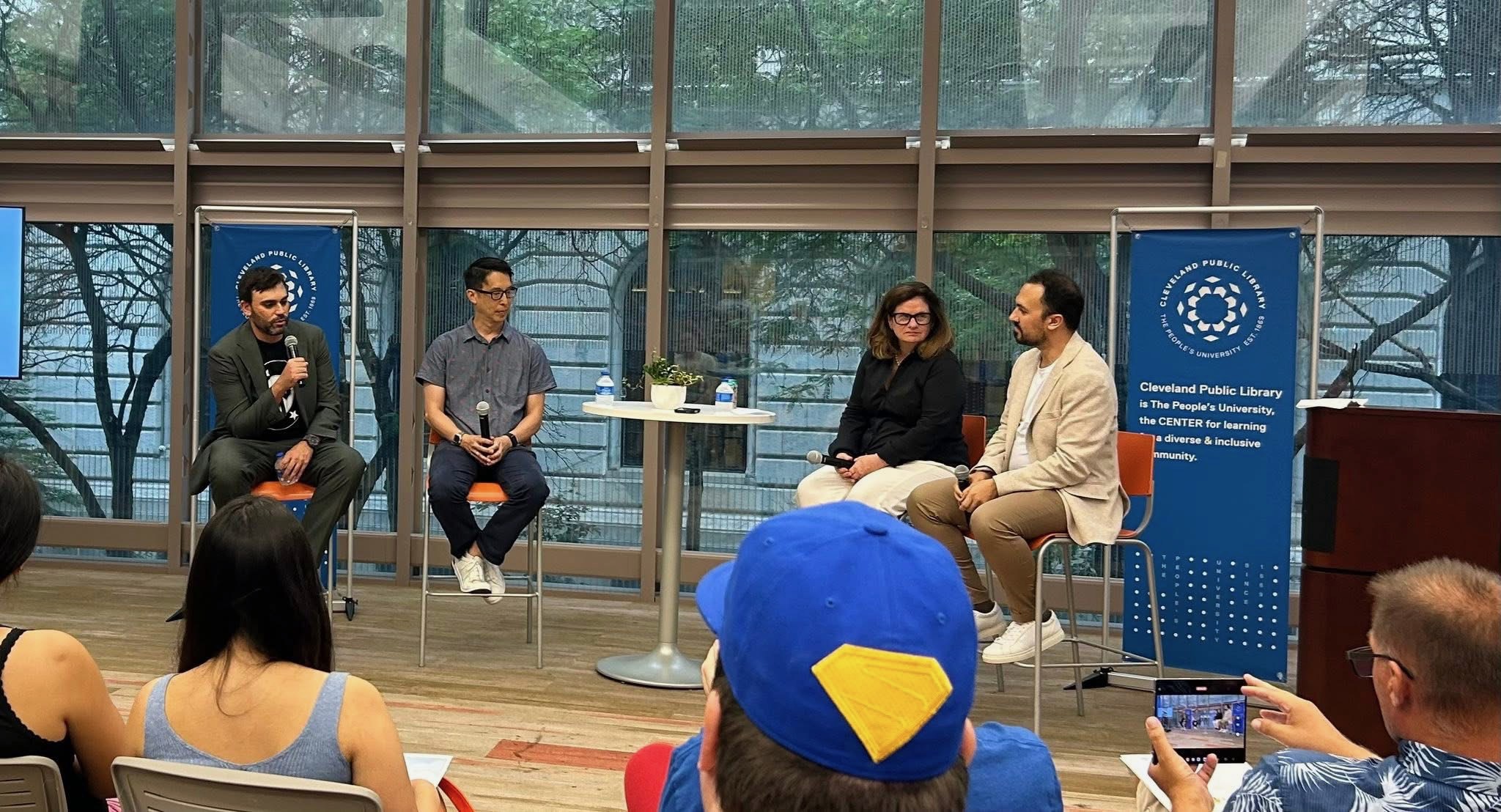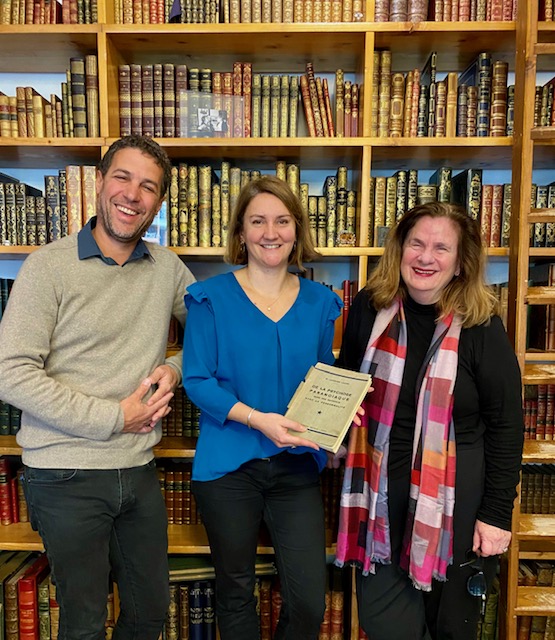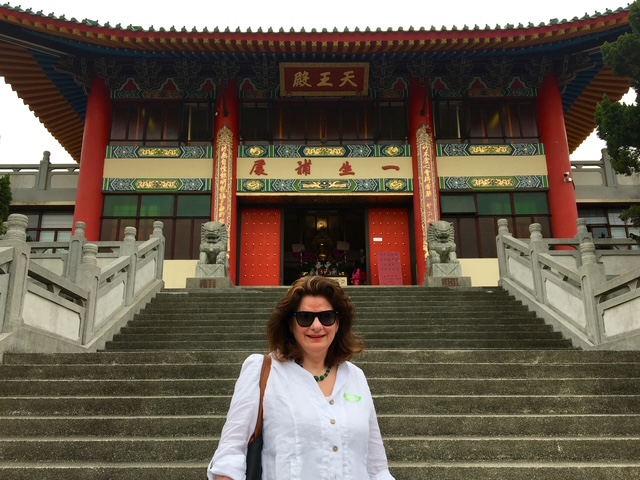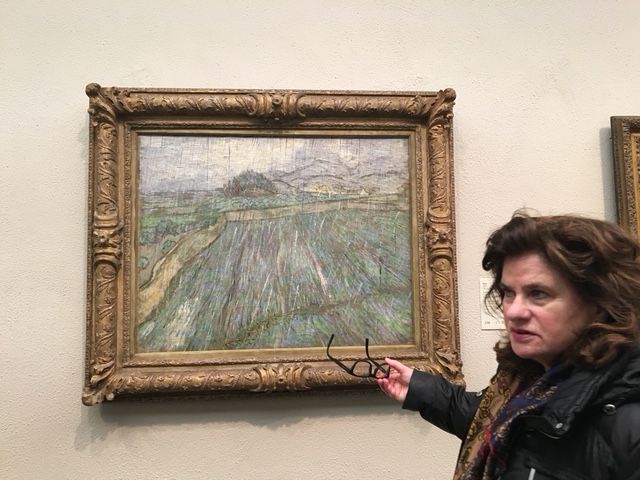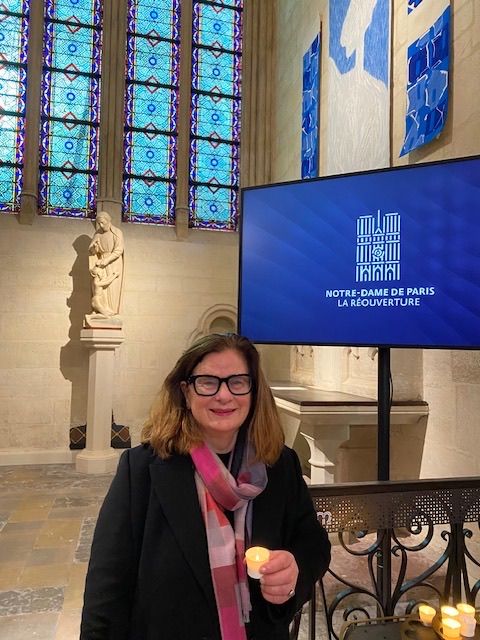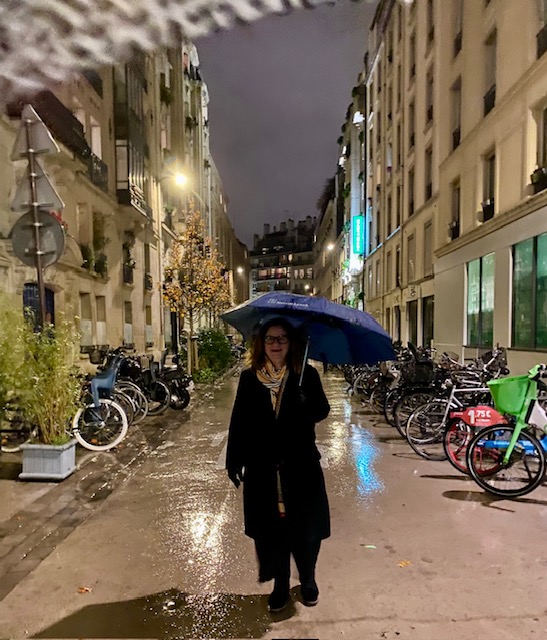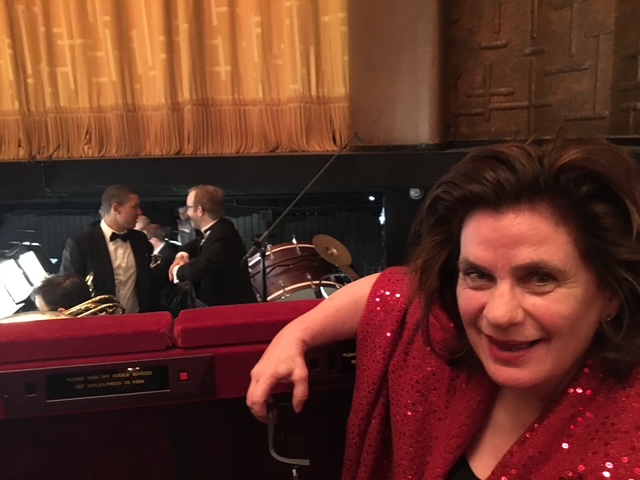

Today we’d like to introduce you to Vera Camden.
Hi Vera, we’re thrilled to have a chance to learn your story today. So, before we get into specifics, maybe you can briefly walk us through how you got to where you are today?
Today I work as a Training and Supervising Psychoanalyst at the Cleveland Psychoanalytic Center and am in private practice as an analyst and psychotherapist. But I started as a Professor of English at Kent State University. These two identities are not as disparate as it may seem at first glance but are inextricably woven together in my vocations. To explain this handily I might point to my most recent edited book, “The Cambridge Companion to Literature and Psychoanalysis” (which won the American Psychoanalytic Association Book Prize in 2024) gathering together voices from myriad disciplines all of whom celebrate the creative origins and applications of psychoanalysis within the arts. Freud was the first to admit that the poets and artists had discovered the unconscious long before he did. My work today as an analyst derives its depth and its power from that basic truth: that the well springs of our knowledge of ourselves derives from our creative investigations and expressions. My practice as an analyst is intensely practical and geared toward health and well being: but at heart it is informed by literature and by a conviction that creativity of one sort or another is what makes us human and inspires our awe at the wonders of the world we live in–if we can only see it.
We all face challenges, but looking back would you describe it as a relatively smooth road?
The road has not been smooth but it has been –and remains–a pilgrimage. Like Bunyan’s pilgrim, I have survived the demons of distress, the sloughs of despond and the cities of destruction! And I have, thankfully, progressed. My biggest struggles over the years have been in balancing the demands of two institutions: on the one hand publishing, teaching and serving on academic committees at the university and on the other hand setting up my private practice and balancing a demanding case load of patients, supervising and training analytical candidates, teaching psychiatric residents, serving psychoanalytic center committees–and all the while keeping up a robust research agenda. And did I mention raising a family and maintaining a household? So like many folks who find great joy in creative and healing professions, I have struggled with the delicate balance of discerning who needs what, when, where, how, and why? As I have grown older, I have come to understand that in the midst of it all, I had better put that oxygen on myself first! But I have loved the highways and byways of this pilgrim way and am thrilled to be still….on the road!
Appreciate you sharing that. What should we know about Vera J. Camden, PhD, Psychoanalyst?
I am proud of how my business as a psychoanalyst integrates the cultural with the clinical both in what I have presented and published over the years and in how I have taught and practiced as an analyst. My brand –if one calls it that–claims that the best way to treat those who seek help with psychological conflicts and the challenges of living on earth as human beings is to recognize first and foremost that each person is a creative entity, who, as Jane Goodall has said, is here for a reason. They may not know what that reason is but they can find it out. There is thus in all of the work that I do –and have done–a fundamental strain of hope, even in the face of suffering and often terrible trauma. In the same way that virtually all of my publications demonstrate how narratives both verbal and visual can bring psychological freedom, so too my work with people seeks to tap into the place of what British psychoanalyst, D.W. Winnicott calls the true self, So, for instance, one of my very first books records the narrative of a young, single seventeenth-century farm woman whose personal enemies despised the way she practiced her faith, and out of jealousy tried to destroy her reputation by sexual slander, and false accusations of parricide. Her capacity to tell her story– truthfully, feelingly, and clearly– actually saves her from being burned at the stake. Such stories of persecution may seem remote from our own day but they are not. People in our own time may not necessarily be persecuted by enemies of their religion but they are certainly oppressed by the insidious forces of consumerism, pressures to conform by manipulations of the marketplace and media, the confusion of information overload, lack of privacy and perhaps most of all by the inner torments derived from trauma and the many torments that our human flesh is heir to (Shakespeare!). Finding one’s own authentic identity, meaning, and freedom have never been more urgent. The kind of work that I do recognizes that the analyst’s office may be one of the last places that preserves privacy, personal attentiveness, utter honesty, the promise of hope and a pathway to healing. It may seem hopelessly old fashioned to make such claims, but it is upon such foundations that civilization rests.
In terms of your work and the industry, what are some of the changes you are expecting to see over the next five to ten years?
Unfortunately, I see the practice of psychotherapy and other mental health fields and practices going the way of AI which will proffer automated and sophisticated but, in the end, formulaic answers to the deep questions of human existence. I am hopeful (or at least wishful) that such trends can be resisted, perhaps corrected, and even altered with ethical mandates and professional if not legal standards. But as with so many areas, the surge of AI might overtake best practices, unless there are safeguards to ensure the preservation of human health through the humanities, the creative arts and all the things that can only be done in person, and with spirit.
